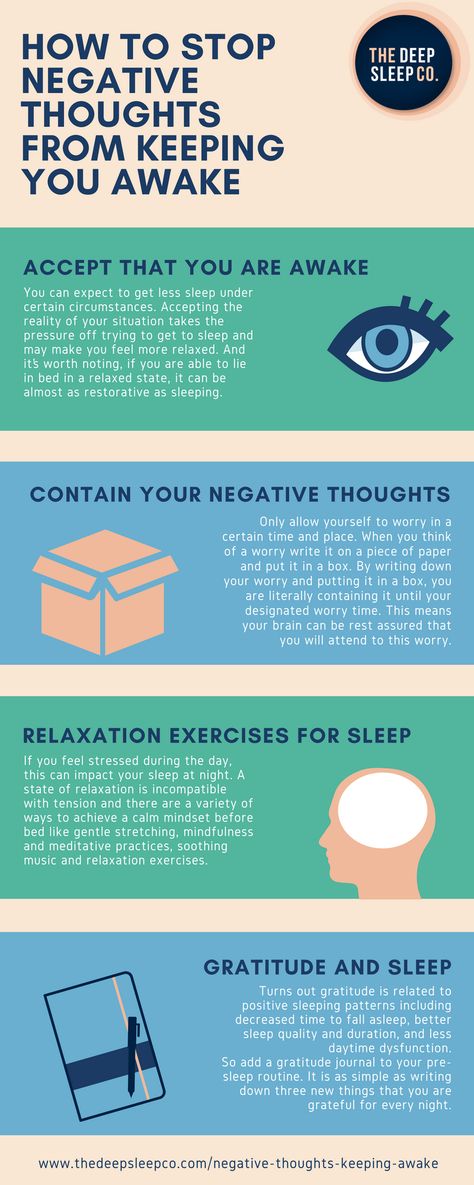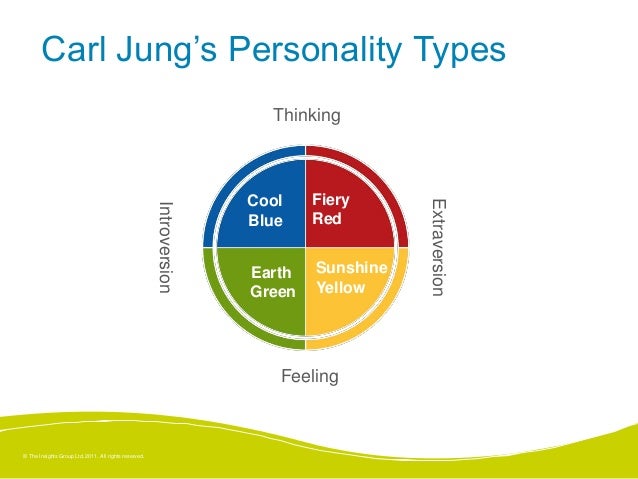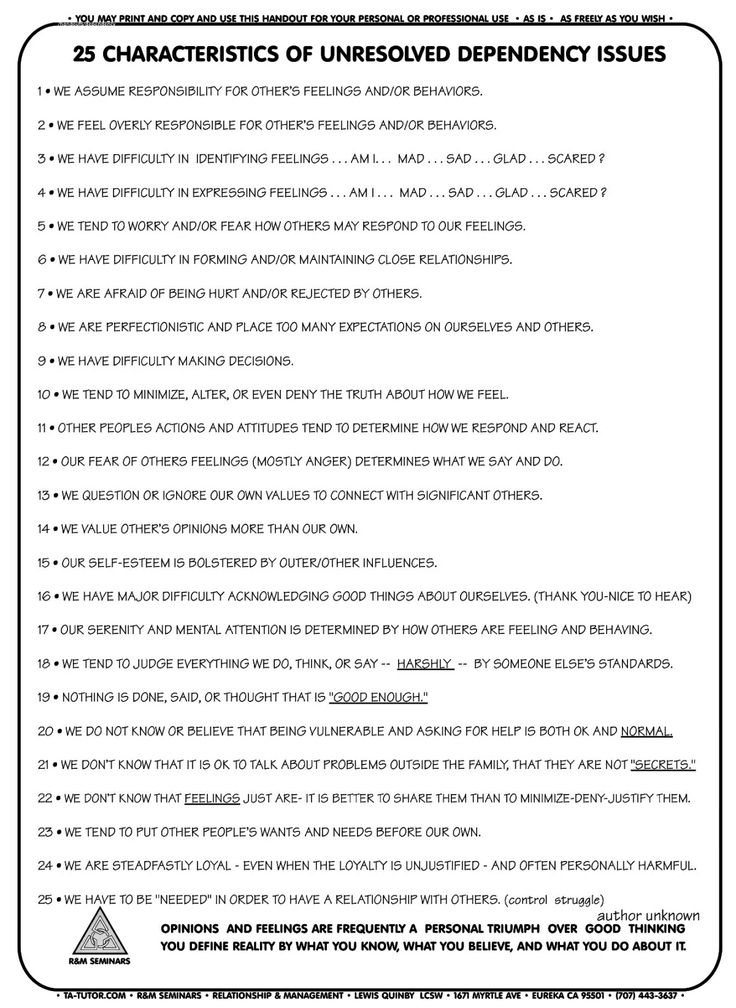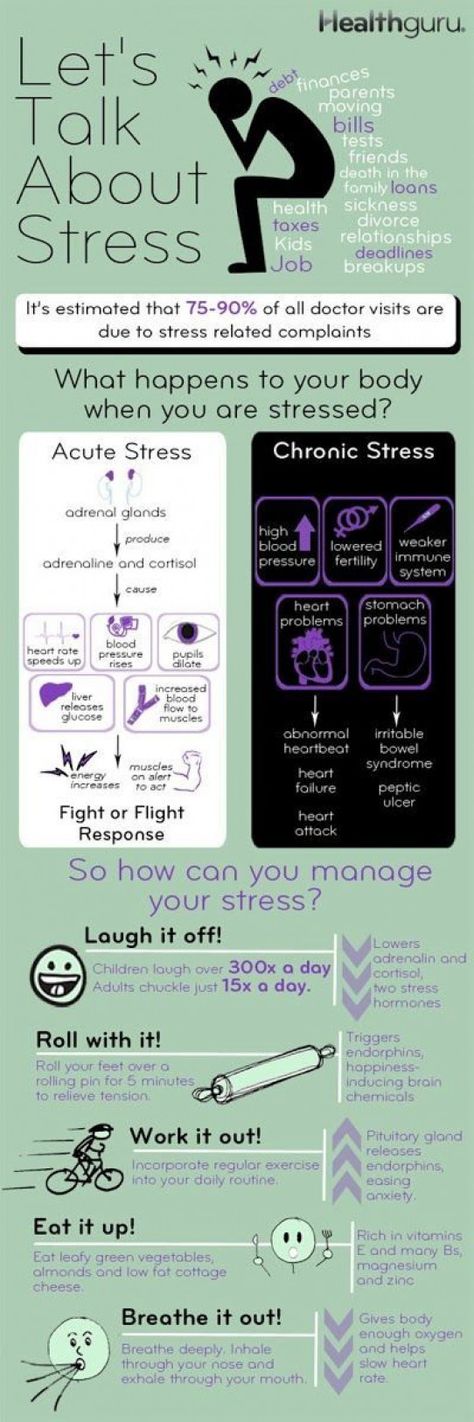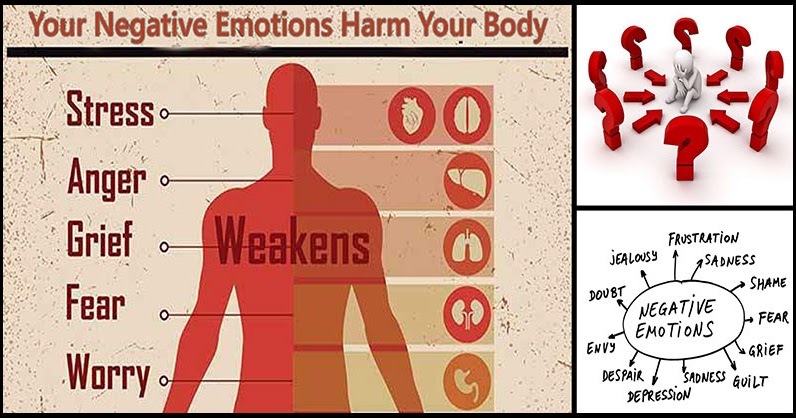Learning from mistakes at work
Making Mistakes at Work: How to Recover, Learn, and Move On
In today’s world of cancel culture, I worry how the fear of making mistakes at work may affect entry-level employees. Will they take risks, bring new ideas, and make suggestions? Or will the fear of being “canceled” crush their creativity and imagination?
Everything is new in your first job. Sometimes making mistakes at work is the best way to learn. It’s ok as long as you learn the lesson and make changes to avoid repeating the error in the future.
Early in my career, I was managing a company-wide direct mail campaign on behalf of the field marketers. The campaign launched several weeks late because I was not assertive enough with the field marketing leaders to submit their offers and approve the mail pieces. When the CEO saw a lag in the new customer numbers, everyone pointed to me and my campaign. I thought I would be fired.
Luckily, I was not fired but I held myself accountable. I learned from my mistakes, took training on project management, and figured out how to be more assertive so I never missed a deadline again.
What to do When You Make a Mistake at Work
Own up to it. You have to hold yourself accountable and take responsibility for the mistake. Whether it’s a small error like a typo in a social media post or a larger error like missing a deadline, you have to own it. Apologize sincerely.
Show remorse. As a manager, I need to see some level of regret for the mistake so I know you are engaged and that you care about the quality of your work. On the other hand, I don’t need to see tears. Work should not make you cry, nor should your manager.
Figure out what happened. Did you catch the error or did your boss? Or your boss’s boss? How do you check your work? Were you multitasking or distracted? Maybe you need to turn off the podcast while you work. Or listen to instrumental music instead. Did you follow the instructions or the right process? Or, in my case, were you assertive enough?
Fix it.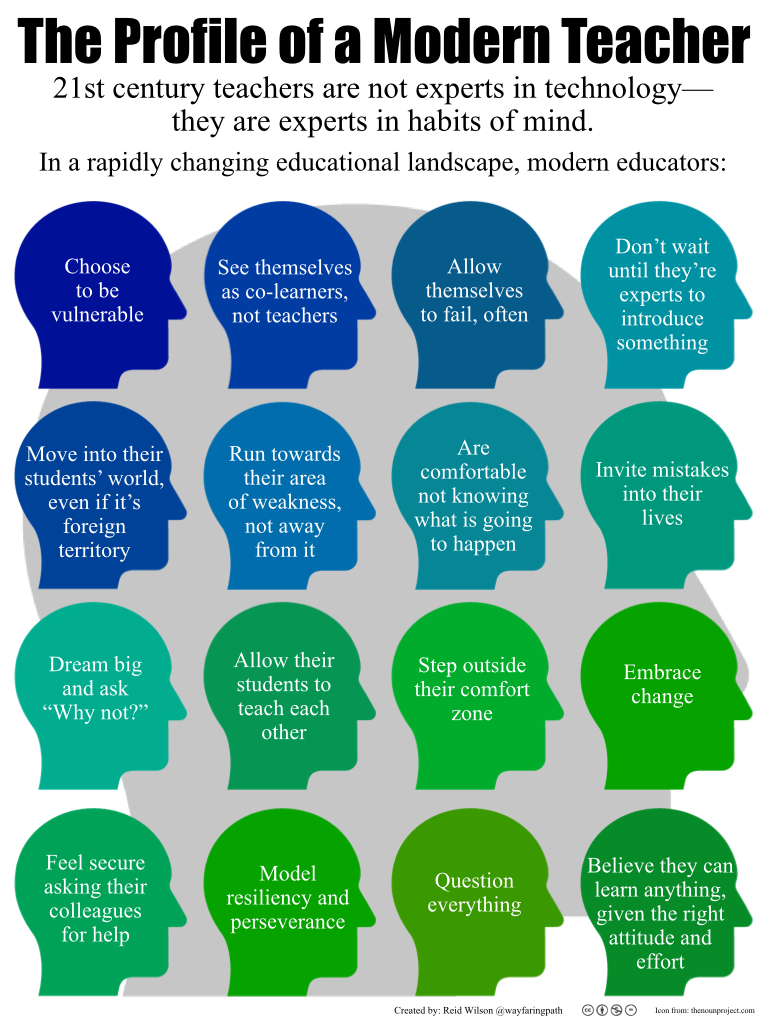 If it’s a small typo, correct it. If you forgot a task, finish it. If you made the wrong decision during a project, you may need to ask for help to reset or pivot.
If it’s a small typo, correct it. If you forgot a task, finish it. If you made the wrong decision during a project, you may need to ask for help to reset or pivot.
Create a new process. The idea is to avoid making the same mistake in the future. Create a checklist for the task. Ask your co-workers for help or talk to your supervisor.
Take training. If your company offers access to training like our Business Skills library, look for courses that may help you avoid making the same mistake in the future. Topics might include:
- Time management
- Project management
- Assertive communication
- Proofreading
- Business math
Offering a full library of training videos and encouraging self-directed learning can help your organization recover from mistakes or avoid them in the future. Employees at all levels can benefit from this access. Sign up for a free trial of our HSI LMS to access our full Business Skills and Workplace Compliance libraries.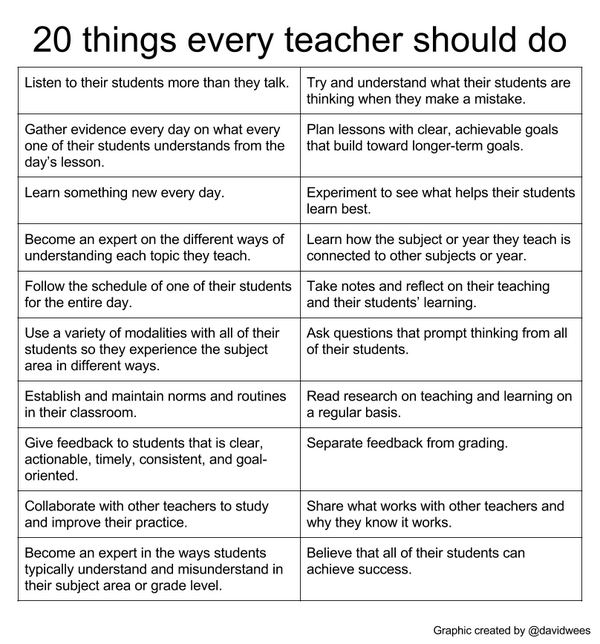
Additional Resources
- Tips For Never Missing Deadlines
- How to Motivate Employees to Make Time for Training
- How to Get an Entry-Level Job with No Experience
- Effective Coaching Techniques in the Workplace: Tips to Ignite Potential
Master This Art to Achieve More
Jump to section
What are mistakes? Why are they associated with failure?
Are there any benefits to making mistakes?
Why is it important to see mistakes as learning experiences?
Being compassionate toward oneself after making a mistake
Making mistakes is a guarantee in life. You can’t avoid them entirely, no matter what you do. What matters more than any blunder or its magnitude is your response afterward.
Most, if not all, of your mistakes, can be excellent learning opportunities. In fact, learning from failure is often the key to success. By getting things wrong, you’ll improve your skills and grow in various ways.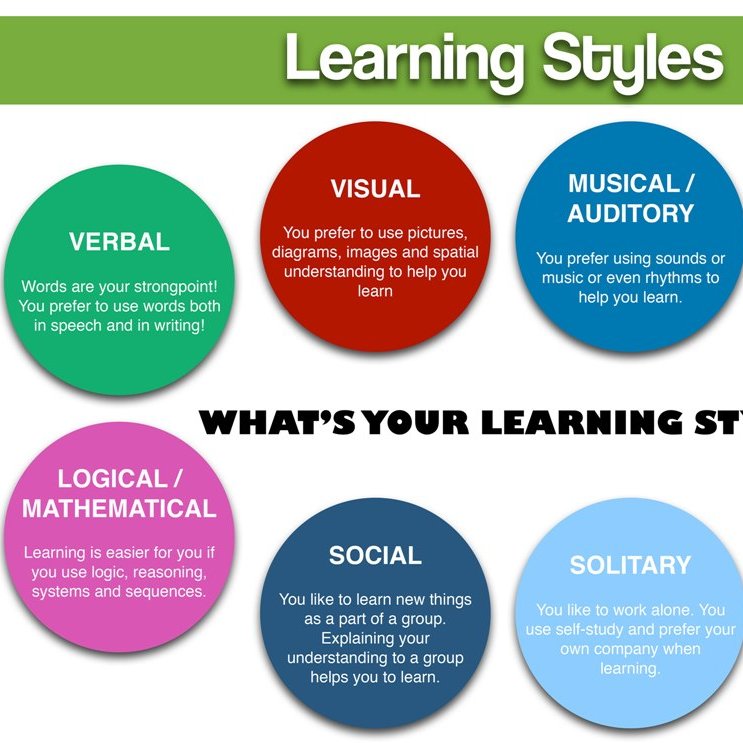
If you’re learning, you won't go wrong.
It's important to be willing to make mistakes. The worst thing that can happen is you become memorable.
Sara Blakely, Founder and CEO of Spanx
What are mistakes? Why are they associated with failure?
A mistake is an error in judgment, misunderstanding, or misguided action. You won’t always have poor intentions when making mistakes — in fact, many mistakes are accidents. They can occur because you simply didn’t know better, whether in your personal or professional life.
Alternatively, failure usually comes from a lack of success, or an inability to meet expectations. Everyone’s definition of failure is different.
Several consecutive mistakes could lead to failure, but the terms aren’t synonymous. Fear of failure is natural. But since humans aren’t perfect, errors are inevitable, and both mistakes and failure are great learning experiences.
What matters most is what we take away from our mistakes, and how we learn not to make them again.
Are there any benefits to making mistakes?
Though it may not seem so, making mistakes always has benefits. But this is only the case if you follow these steps after an error:
1. Acknowledge mistakes
The first step to achieving growth is admitting when you’ve done wrong. Don’t try to cover it up, deny it, or push it aside. Doing so will only make things worse, increase your stress, and in some cases, damage your reputation.
If you need to apologize to someone, apologize.
Think of the biggest mistake you’ve ever made. Does anyone remember it? Did you learn something from it? Honesty and ownership are acts of courage. People will remember your bravery and grace over your accidents or clumsiness.
2. Reframe and analyze the mistake
Changing your perspective is the second step to the learning process. Putting in a dedicated effort to step back from the situation will help you see the bigger picture and increase your resilience. This is important for personal and professional development alike.
Ask yourself the following questions: What was I trying to do? What went wrong? When did it go wrong? Why did it go wrong?
Any life lessons, and insight into how to avoid repeating the same mistake, are somewhere in the answers.
3. Ask yourself the hard questions
Self-reflection is difficult but crucial to the learning journey. Similar to ownership, you can’t take steps to change things if you don’t know what you did. Take the time to consider what led up to the mistake, including errors you made along the way.
4. Put the lessons you've learned into practice
Introspection is healthy, but it can only get you so far. Eventually, you’ll have to take action to ensure you grow as a person.
Take what you’ve learned from your mistake and adjust accordingly. That may mean improving your communication skills, or putting in place strategies so you don’t lose track of time or neglect important details.
Practice makes perfect. The more frequently you train your mind and body to think and react in a certain way, the quicker the improvement.
5. Review your progress
Two good ways of tracking your progress include carving out time to evaluate yourself or asking a trusted family member, friend, or colleague to act as an accountability partner.
Having another uninvolved person in the issue can offer an objective perspective and usually a clearer, more positive opinion about your personal development. This person can help you stay on the right track, and encourage you along the way.
Coaches can also play the role of an accountability partner.
6. Recognize that it's okay to feel vulnerable
When we make mistakes, we tend to feel discouraged and vulnerable. That’s normal, and that’s okay. Only when we are willing to be open-minded to these feelings can we improve and help others do the same.
7. Remember that we can't avoid making mistakes
Change is perhaps one of the only constant things about our world. Everything around us — technology, our careers, where we live, whom we love, and what we value — is constantly shifting.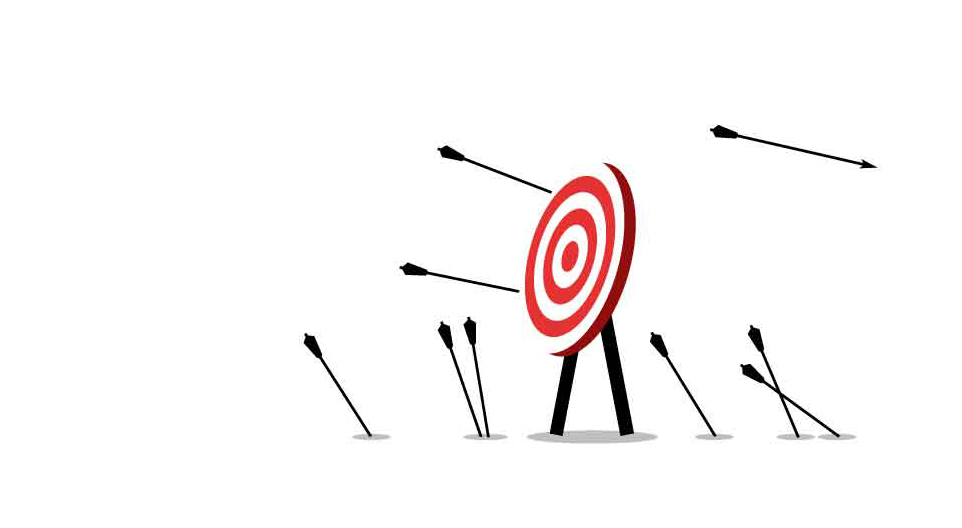
Change leads to unfamiliar territory, and with unfamiliar territory comes mistakes. It’s impossible to anticipate everything that will happen; all we can do is try our best, ask for help, and support others. Rest assured, you aren’t alone in whatever it is you're dealing with.
Why is it important to see mistakes as learning experiences?
We’re not going to sugarcoat it: Life is hard. But with the lows come the highs, and your situation will get better.
If you or someone you know is feeling down, try reading the following inspirational quotations. They’re guaranteed to put a smile on your face and give you the spark you need to gather all you’ve learned and keep going.
-
"Ah yes, the past can hurt. But the way I see it, you can either run from it or learn from it.” - Walt Disney
-
"Learn from every mistake because every experience, encounter, and particularly your mistakes are there to teach you and force you into being more of who you are.
 " - Oprah Winfrey
" - Oprah Winfrey -
“The greatest mistake you can make in life is to be continually fearing you will make one.” - Elbert Hubbard
-
“One of the basic rules of the universe is that nothing is perfect... Without imperfection, neither you nor I would exist.” - Stephen Hawking
Being compassionate toward oneself after making a mistake
It can be challenging to maintain a positive outlook, especially when we get caught up in the torrent of daily life. We all have bad days or bad weeks. Don’t be afraid to mess up. It is part of building and fine-tuning your mental fitness to become the best version of yourself.
How you see yourself and view your actions is a significant aspect of handling any errors you make. Your mindset is everything.
It may seem small, but showing compassion toward yourself does wonders for your self-esteem.
BetterUp was created precisely for that purpose: to empower and guide you through life’s tough spots.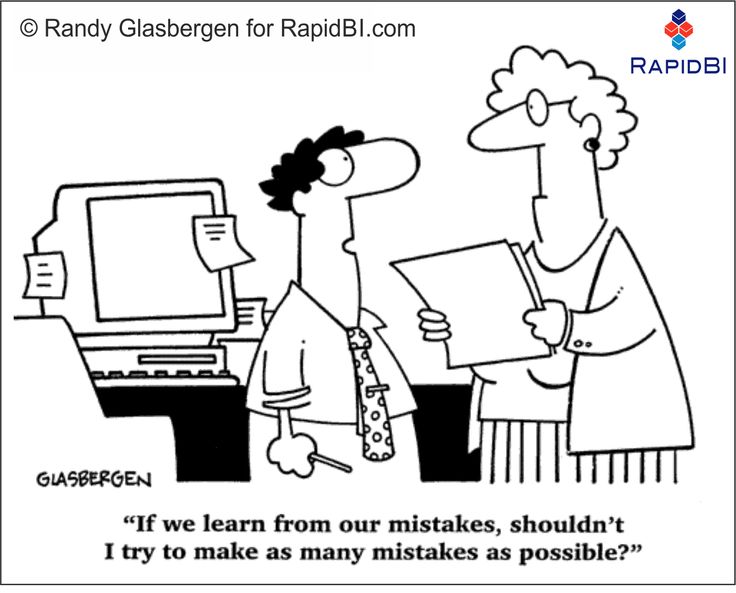 Whether you’re looking to assert yourself more, fine-tune your career and leadership skills, or take steps to change your perspective, we are here to help you find the transformative power within yourself to do so.
Whether you’re looking to assert yourself more, fine-tune your career and leadership skills, or take steps to change your perspective, we are here to help you find the transformative power within yourself to do so.
5 tips on how to fix the situation – Work.ua
Career
- 16
- 43200
- Career nine0006
Missed a deadline on a major project, sent an important email to the wrong person, mixed up the numbers in the final report? Everyone can make a mistake, but not everyone can get out of the situation correctly.
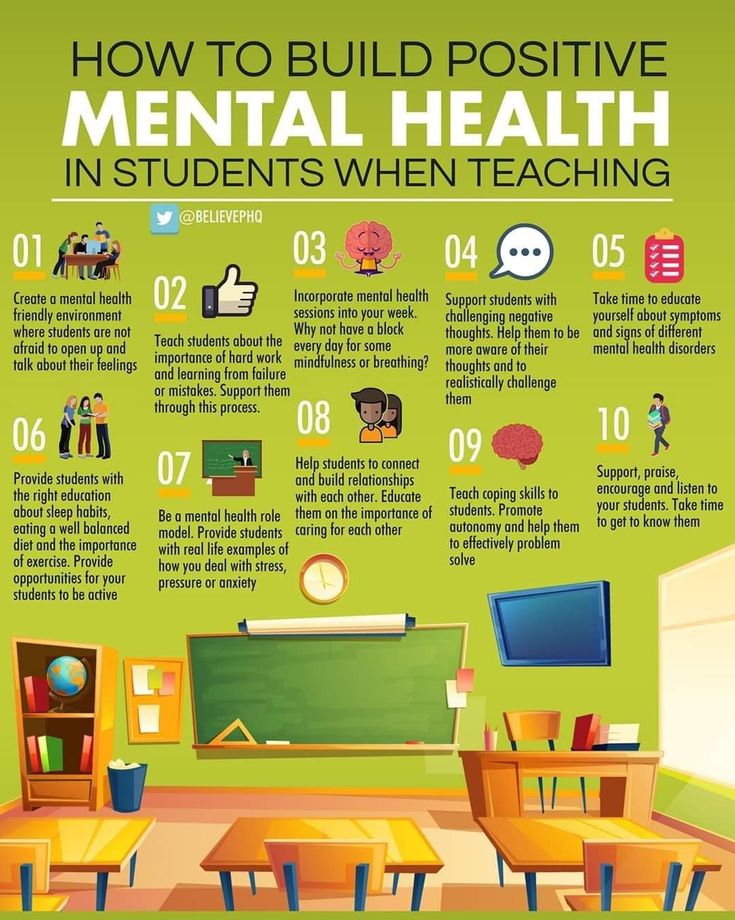
The first thing you want to do when you realize the seriousness of your mistake is to close your eyes and imagine that this is not so, or run away to hell. The second is to decide what to do in order to minimize the possible consequences. Work.ua has prepared 5 tips on how best to do this. nine0003
Admit your mistake
And do it as soon as possible. If your omission was significant enough, don't expect it to go unnoticed. The sooner you report your mistake, the more likely it will be corrected. The ability to admit mistakes and try to correct them is highly valued, besides, it reduces the likelihood of their repetition.
Don't make excuses
There can be a huge number of reasons and excuses for what happened. They can even be quite important and believable. But they are of little interest to the employer, it is much more important what you will do to prevent this in the future. All attempts to absolve yourself of guilt will only lower your credibility in the eyes of management.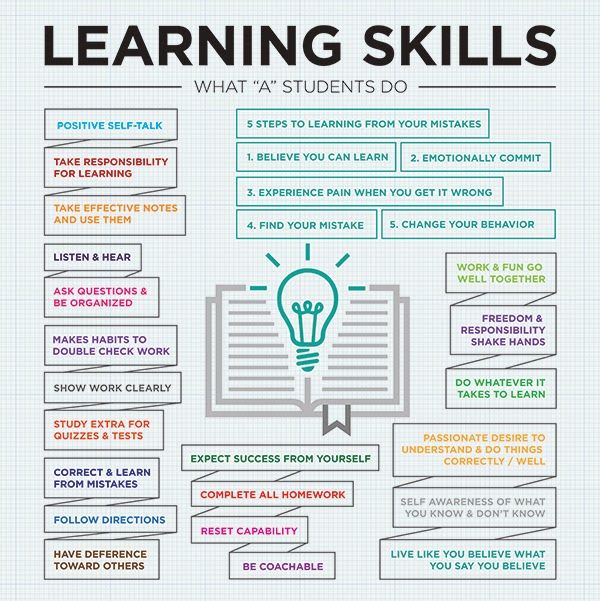 nine0003
nine0003
Do your best
There are no hopeless situations. Try to correct the mistake to the last, because it is your responsibility. Redo the document yourself, deliver the papers to the recipients, arrange a new meeting with clients, etc., do everything you can. Don't give up and don't rely on anyone else.
Be prepared for the consequences
No matter how hard you try to make amends, no matter how sincere you are, it was you who made the mistake and only you are responsible for it. You must always be prepared for the consequences and accept them responsibly. Even if your wrongdoing is so great that it will entail dismissal, then you should put up with it and blame no one. Any mistake is experience, and experience is not free. The more courageously you accept the punishment, the more respect you can get, and in the future, fully rehabilitate yourself, and even earn more trust. nine0003
Take it easy
States have come and gone due to human error, it is impossible to completely avoid them.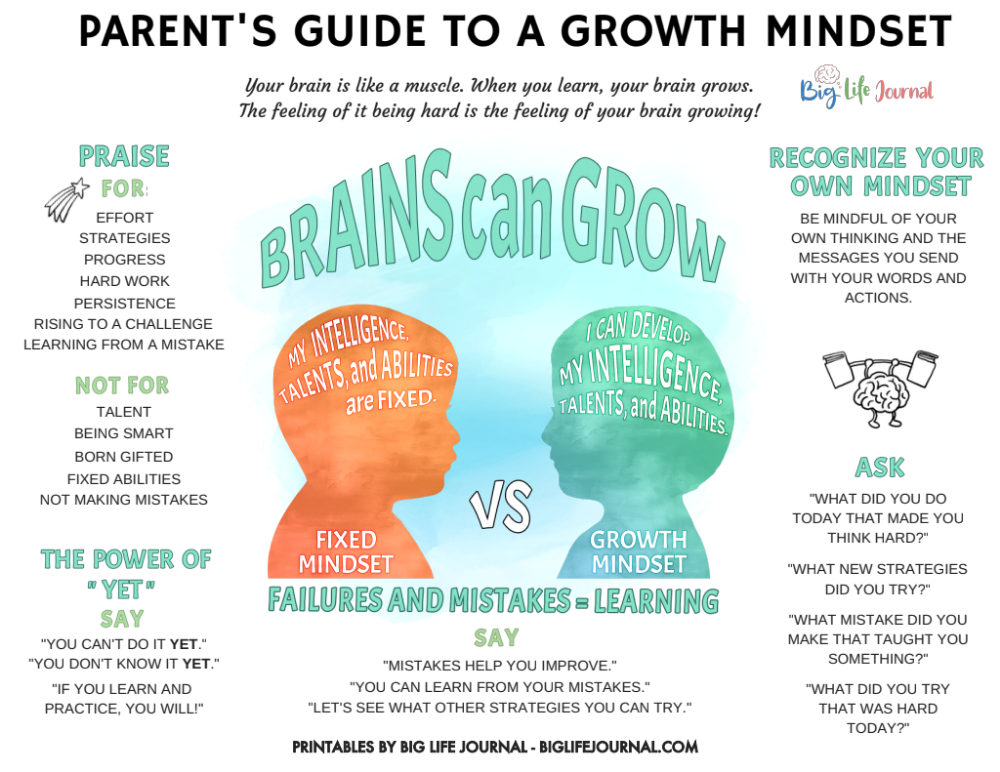 Employers understand this too, we are all human. If you make a mistake, then analyze it, determine how it can be avoided. Excessive emotions will not help here, and you should not blame yourself too much either. Don't stop and don't get frustrated, otherwise you won't get much done.
Employers understand this too, we are all human. If you make a mistake, then analyze it, determine how it can be avoided. Excessive emotions will not help here, and you should not blame yourself too much either. Don't stop and don't get frustrated, otherwise you won't get much done.
Related article: How to explain that you were fired from your previous job
Follow us on Telegram
You must be logged in to leave a comment.
How to get to the bottom of a company's corporate culture from day one
Three cities with the highest average salary (except Kyiv) nine0019
Operational errors - is this normal? | WEEEK | Blog
Listen to the audio version of this article on our podcast:
Now, having read books and articles on self-development, I understand that mistakes are an excellent learning mechanism and the main driving force of progress - and I am not afraid to make mistakes. In the end, we learn to walk, take off the packaging of the roll in fast food from the right side, make discoveries - all through mistakes. But ten years ago I was afraid of mistakes, like fire.
In the end, we learn to walk, take off the packaging of the roll in fast food from the right side, make discoveries - all through mistakes. But ten years ago I was afraid of mistakes, like fire.
In this short note I will tell you where the fear of mistakes comes from, what types of mistakes there are in work, whether you should be afraid of them and how to benefit from the mistakes made. nine0059
Why we are afraid of making mistakes
For many, the fear of making mistakes is rooted in childhood (as well as a bunch of other problems from adult life) - to education and study.
My fear of making a mistake began to form even under the influence of my parents: they criticized, punished for misconduct, made me feel guilty, did not encourage initiative. I know about a dozen of the same poor fellows in my social circle, and it’s scary to imagine how many of them around the world.
However, even if the parents did not, the school will still take its toll.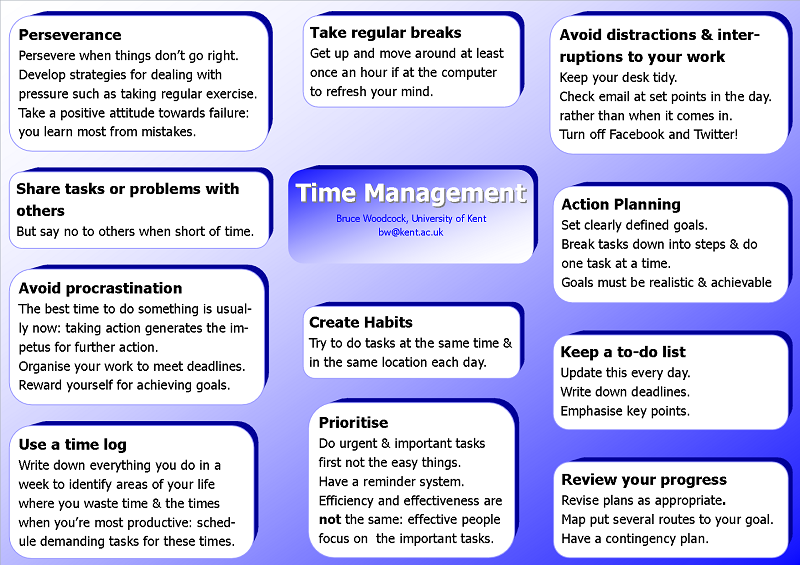 The school grading system works in such a way that the child has no right to make a mistake, because any action is evaluated. And although the assessment can then be corrected, the trace remains. Fuel to the fire is added by the attitude of the teacher to the student, which over time is increasingly based on the train of marks that he received in the course of his studies. It is, of course, understandable: teachers are real people and also like to rank everything in a row. For example, divide students into "strong" and "weak". nine0003
The school grading system works in such a way that the child has no right to make a mistake, because any action is evaluated. And although the assessment can then be corrected, the trace remains. Fuel to the fire is added by the attitude of the teacher to the student, which over time is increasingly based on the train of marks that he received in the course of his studies. It is, of course, understandable: teachers are real people and also like to rank everything in a row. For example, divide students into "strong" and "weak". nine0003
At the same time, everyone forgets that an assessment is just a conventional designation of the degree of assimilation of one or another part of the curriculum. With a light teacher (and maybe parental) hand, it turns into an end in itself for the child: you can’t get “deuces”, you can’t make mistakes. And so, for at least 11 years, until the university explains that making mistakes is cool. If you're lucky, of course.
In short, it is possible and necessary to make mistakes in the learning process, although we are usually not taught this. This affects the attitude towards mistakes in the future, including at work. nine0003
This affects the attitude towards mistakes in the future, including at work. nine0003
Types of errors at work
Amy Edmondson, in an article for the Harvard Business Review, divided the mistakes that a person makes at work into three groups (this division seems to me the most logical):
- Preventable errors . The really “bad” mistakes, which are usually associated with various violations of work processes - especially in manufacturing or in the service sector. Such errors most often occur due to non-compliance with the rules, violations and inattention. They deal with them, respectively, with the help of instructions (prescribe how to find and eliminate the causes of errors) or corporate culture (constantly analyze any errors, draw conclusions and improve work processes). nine0006
- Inevitable errors in complex systems . Errors due to the unpredictability of workflows, when situations arise that no one has encountered before.
 For example, in what order should patients be assisted in intensive care? Often serious bugs in complex systems happen because of many small ones that go unnoticed. You can avoid such errors by analyzing the errors that have occurred, managing risks, providing security at the modern level, identifying and correcting minor flaws. nine0006
For example, in what order should patients be assisted in intensive care? Often serious bugs in complex systems happen because of many small ones that go unnoticed. You can avoid such errors by analyzing the errors that have occurred, managing risks, providing security at the modern level, identifying and correcting minor flaws. nine0006 - Smart mistakes in the development of innovations . These are the "good" mistakes. Occur during experiments, when you need to go beyond the rules and you can not predict the results in advance. This includes the invention of new drugs, and the creation of innovative products, and even Internet marketing, where the entire workflow is a series of experiments.
In general, with errors in the work, everything is not clear. On the one hand, some mistakes here begin to cost money, and sometimes someone's life. On the other hand, nothing new can be created without errors
How to understand if it is possible to make a mistake
To do this, it is enough just to think logically:
- — How terrible and catastrophic will the mistake be?
- —Can you fix it if something happens?
- —How will your colleagues and superiors react to your mistake?
- —Can you learn valuable experience from a mistake?
- —When you make a mistake, will you lose more than you gain, or vice versa?
Having already answered these questions, you will understand whether it is worth it at all.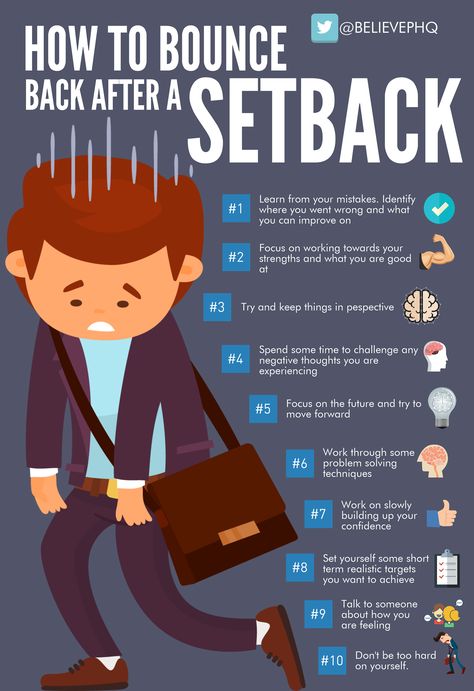 nine0003
nine0003
How to benefit from working mistakes
Even if you make a mistake that is not “good”, you can (and should) get as much benefit from it as possible so as not to make it in the future. Each mistake should be made only once, and here are some tips on how to do it:
- Don't self-sabotage. By this you will not correct the mistake, and you will not gain experience.
- Stay calm and look at things soberly. Emotions distort reality and prevent you from making the right decisions. nine0006
- Try to look as objectively as possible at the real state of things - to understand what really happened.
- Think not about what happened as a result (no, think, of course, but not now), but about what caused the mistake - what sent you on the wrong path.


